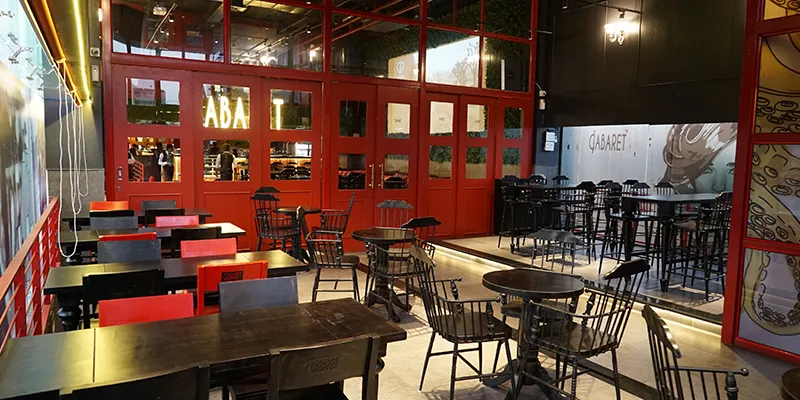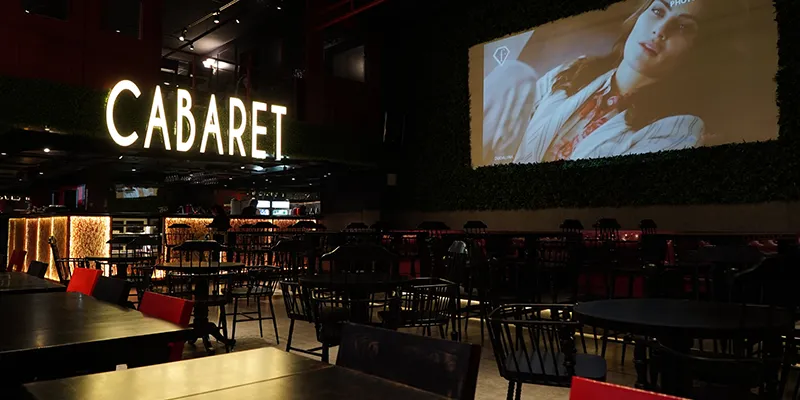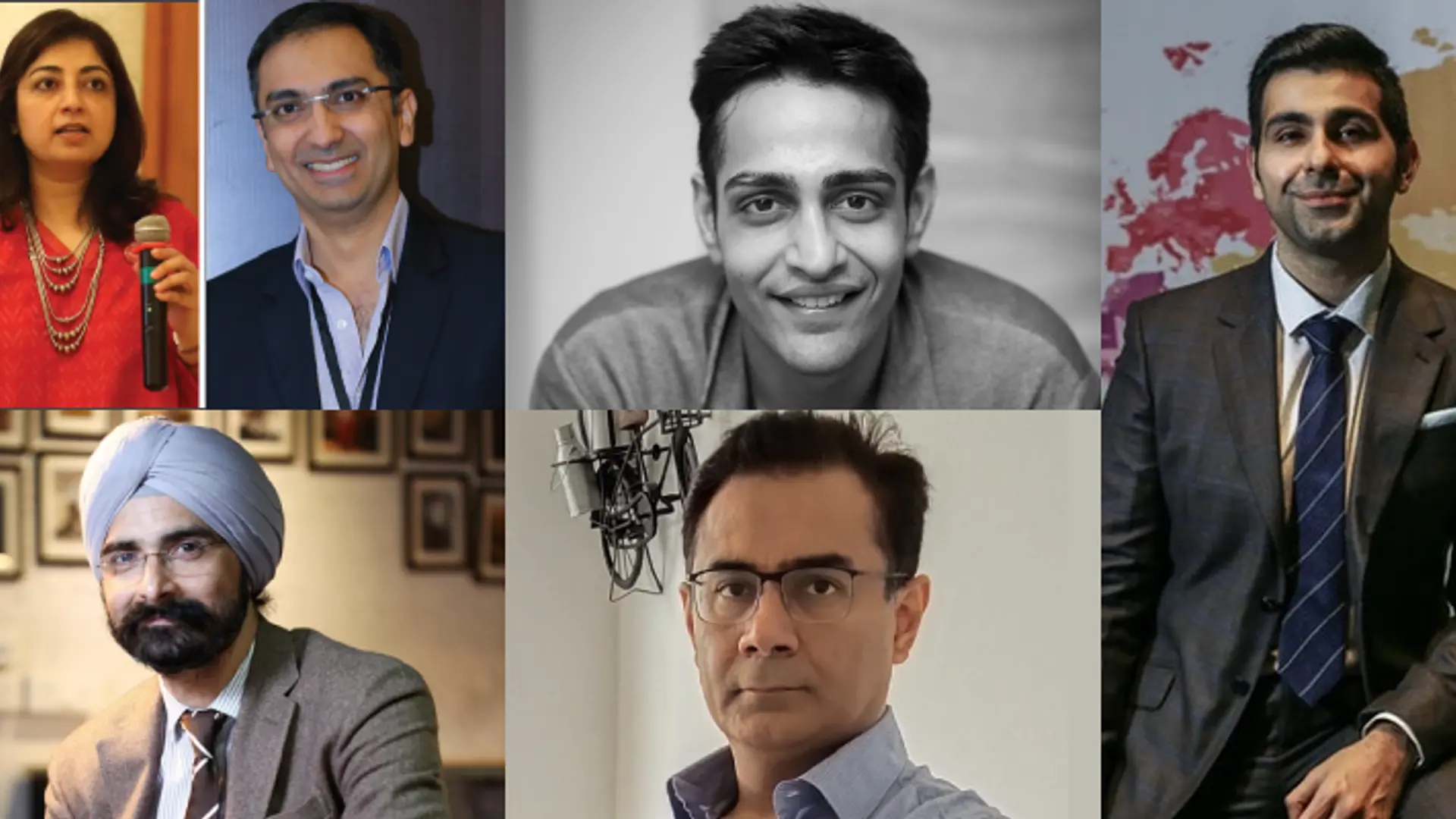Meet the Korean who’s bringing East Asian flavours to India
Peter Jung decided to cash-in on the thriving food industry in India by opening Cafe Peterdonuts in Pune, after falling in love with the city.
India is no stranger to entrepreneurship and startups. It has always boasted of large companies created by first-gen visionaries as well as businesses run by small-time entrepreneurs. However, an interesting phenomenon has emerged over the years as expats are increasingly coming to India to startup.
For Peter Chanseok Jung (49), founder of Cabaret and Cafe Peterdonuts, leaving South Korea and setting up shop in India happened simply because he was mesmerised by Pune. While the dream of setting up an international business was always present, Jung and his wife identified India as a suitable market, while others were looking at China.
“I visited Pune for a business trip along with my family and fell in love with the city,” Jung recalls. “After staying in Pune for almost a year, I went back to Korea and started a fashion distribution business, which I continued for seven years.”
Jung says, during this time, he realised that India was potentially a good market in the F&B space.
“There wasn’t much competition. When I visited Pune for the first time, there was only one Barista, and I had to travel 40 minutes to get my hands on a hot cup of coffee,” he narrates. “Looking at this, I decided to launch a business in India and bring something different to the locals.”
Betting dollars to doughnuts
In 2010, Jung left South Korea to set up a doughnut bakery in India. “Opening a bakery needs a lot of attention in terms of producing different types of breads on a daily basis. So, I thought to shift to an easy business option and that’s why I chose doughnuts,” he says.
Initially, Jung leveraged his network in Korea to fund the launch of Cafe Peterdonuts. His aim was to start a business model that could expand to other cities. “When I opened the first cafe, there was a positive impact on the customers and society. We were the first cafe in the area who provided free WiFi, while other cafes charged the patrons for internet,” he says. “Further, we introduced Americano coffee at a time when people weren’t aware of the black coffee culture in India.”
Now, 16 years after first visiting Pune, Jung is living his Korean dream in India by opening seven Cafe Peterdonuts outlets. He says, six of these are on a franchise model.

The Korean also runs 'Cabaret', a restaurant specialising in East Asian cuisine
According to him, doing business in the F&B sector in India has been an interesting journey. “It has been a wonderful experience so far as the business has grown and our customers have liked our services,” he says. “But it is really difficult to do business in India. Especially in the F&B business, there are issues with logistics. For example, kitchen material takes a lot of time to get delivered and so our work gets delayed.”
Being an expat has its own share of challenges. “There are various challenges that foreigners face while doing business in India, and the most common one is communicating with the staff,” he explains. “Most of the staff are high school dropouts, and as a foreigner, it is almost impossible to make them understand my views.”
The main course
In 2017, Jung and his business partner Niranjan Patil launched Cabaret, a restaurant which specialises in Japanese and Korean food. However, Jung admits that Indian taste buds are tricky to please. “Authentic Korean and Japanese food usually take a lot of time to make and have distinctive tastes, which might not work out for Indian taste buds,” Jung says. “So, we modified all the recipes a little bit, according to local preferences, while keeping the ingredients as authentic as possible”.
“Dishes such as chicken katsu, korean chicken bulgogi, yang nyum, and dak gang jeong are very popular among our patrons,” he adds. “But not everyone here is fond of other cuisines. Therefore, we decided to become multi cuisine and serve Indian and continental food. Now, we are clocking a turnover of around Rs 30 lakh.”

Inside Cabaret restaurant
For Jung, using social media as a business tool to market his services was another step to understand his customers. “Digital mediums help in directly communicating with our customers, which is very important for any business,” he says.
According to him, time is of the essence in the F&B industry. “People who want to set up their F&B business need to have a strong focus and start immediately without wasting time,” he says. “There are two options to start. One is to open your very own restaurant and the other is to take a franchise and start growing.”
Jung plans to leverage his experience as an expat and venture into Mumbai, Hyderabad, Chennai, Bengaluru and Delhi in the coming years. “Apart from this, we are planning to mark our presence in tier-II and tier-III cities, but the only problem is the franchise model,” he says. “For these cities, I am creating a smaller business model so that they need not invest a huge amount to start with. However, there will be no compromise on quality and revenue,”he adds.
Jung also plans to launch an authentic Korean and Japanese-only restaurant in India, and conversely, start an authentic Indian restaurant in Korea.







